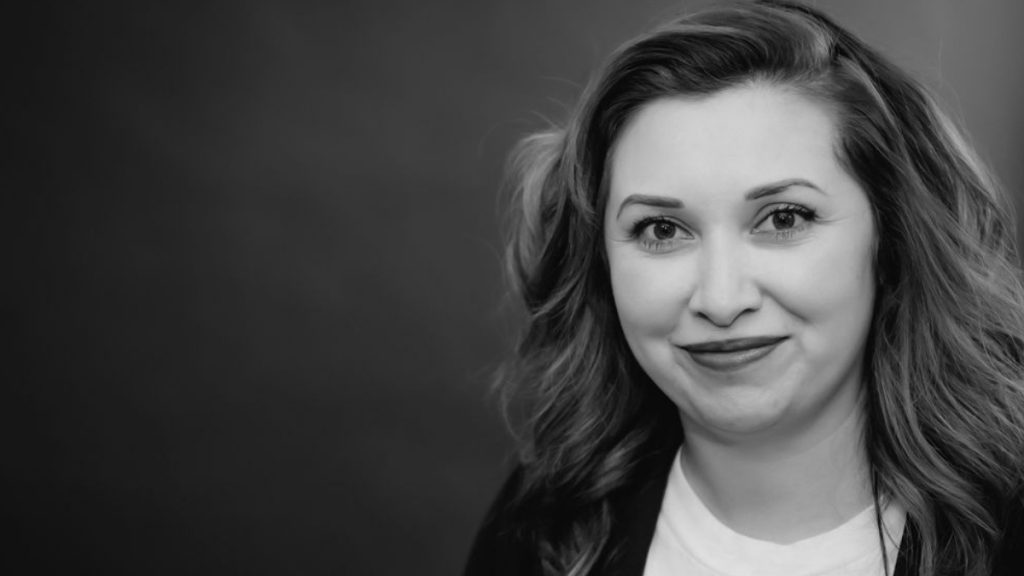By Michael Niehoff
Education Content Coordinator, iLEAD Schools
There has often been a disconnect between how educators and learners view the subject of history. Educators know the inherent value of understanding where we have been, while learners often wonder how it relates to where we’re going. Priscilla Tucker, iLEAD Antelope Valley’s 7th and 8th grade social studies facilitator, is focused on bridging that gap.
Having come from Los Angeles Valley Community College as a sociology instructor, Tucker brings a unique perspective. Instead of approaching history through storytelling or as a series of facts and figures, she is challenging all her learners through a sociology lens.
“It’s really an important shift,” Tucker said. “I want my learners to view history as the foundation of how we do everything.”
This approach is centered on essential questions about how we organize ourselves as societies and cultures through government, religion, culture and more.
“We examine and seek to understand how these work and why,” Tucker said. “How do we maintain these structures, what human behavior is at play here and how are these evolving every day?”
As an example, Tucker reminds her learners that their current status as 7th or 8th graders in a free, public school is a product of history.
“This is about getting to the ‘why’ of everything,” Tucker said.
This approach to history is aligned with the inquiry-based instruction of project-based learning (PBL) and also why Tucker said iLEAD is a perfect match for her.
“iLEAD’s PBL approach attracted me to the organization,” Tucker said. “The iLEAD approach to the learners — which is personalized, individualized and connected — is what attracted me.”
Tucker enjoys challenging her learners at high levels and asking the big questions. As an example, after they read the young adult dystopian novel The Giver last year, learners were asked to evaluate their own values and merge those with what a utopian society might look like. They created their own government structures, economies and systems, according to Tucker.
“These efforts and approaches create unique opportunities for deeper discussions and learning,” Tucker said. “This leads to very organic and authentic conversations.”
This year, Tucker aimed to demonstrate that history matters when she asked the learners to compare our current pandemic challenges with the Black Plague. She said learners began realizing that neither these problems nor our responses to them are new.
“One thing we learn from history is that we learn nothing from history,” Tucker said. “Often tragically, we never seem to learn.”
Tucker’s learners also examined the January 6, 2021, insurrection on the nation’s capitol through the lens of the Whiskey Rebellion. Learners considered the national debt and recent COVID stimulus packages alongside stories of the Great Depression. Tucker said these learning opportunities empower learners and bring history to life.
“We have to make it relevant. Everything about them is a consequence of history and what’s come before them,” Tucker said. “It’s a different way of looking at the world, and that’s what we want.”
According to Tucker, the learners’ current project stems from a conversation on Zoom in an advisory session that centered on changing or improving something on campus or at school. Through this process, she said the learners see in real time how change occurs and what avenues we collectively can take to make change. She said the learners will choose something and then consider whom they have to appeal to — school, local government, state government, etc. — in order to enact change.
iLEAD AV Director Dawn Roberson is inspired by Tucker’s powerful approach to both history and learning. “Her focus on the big picture allows her to push her learners to think globally,” Roberson said. “It’s not just about what’s happening in their neighborhood or their city but how the rest of the world is impacted by our actions on social and political levels.”
Tucker and her learners are in the middle of a paradigm shift. She said educators have the opportunity now more than ever to make their subjects — in this case history — relevant by connecting to what’s happening in all of our lives every day.
“We are literally providing our learners social capital to go out into the world and engage,” Tucker said. “We are helping develop their voice and autonomy.”
In the end, Tucker would like all educators — especially her fellow social studies educators — to realize the potential power they have.
“History is unfolding right now,” she said. “That’s the part that’s missing in many of our history classes.”

